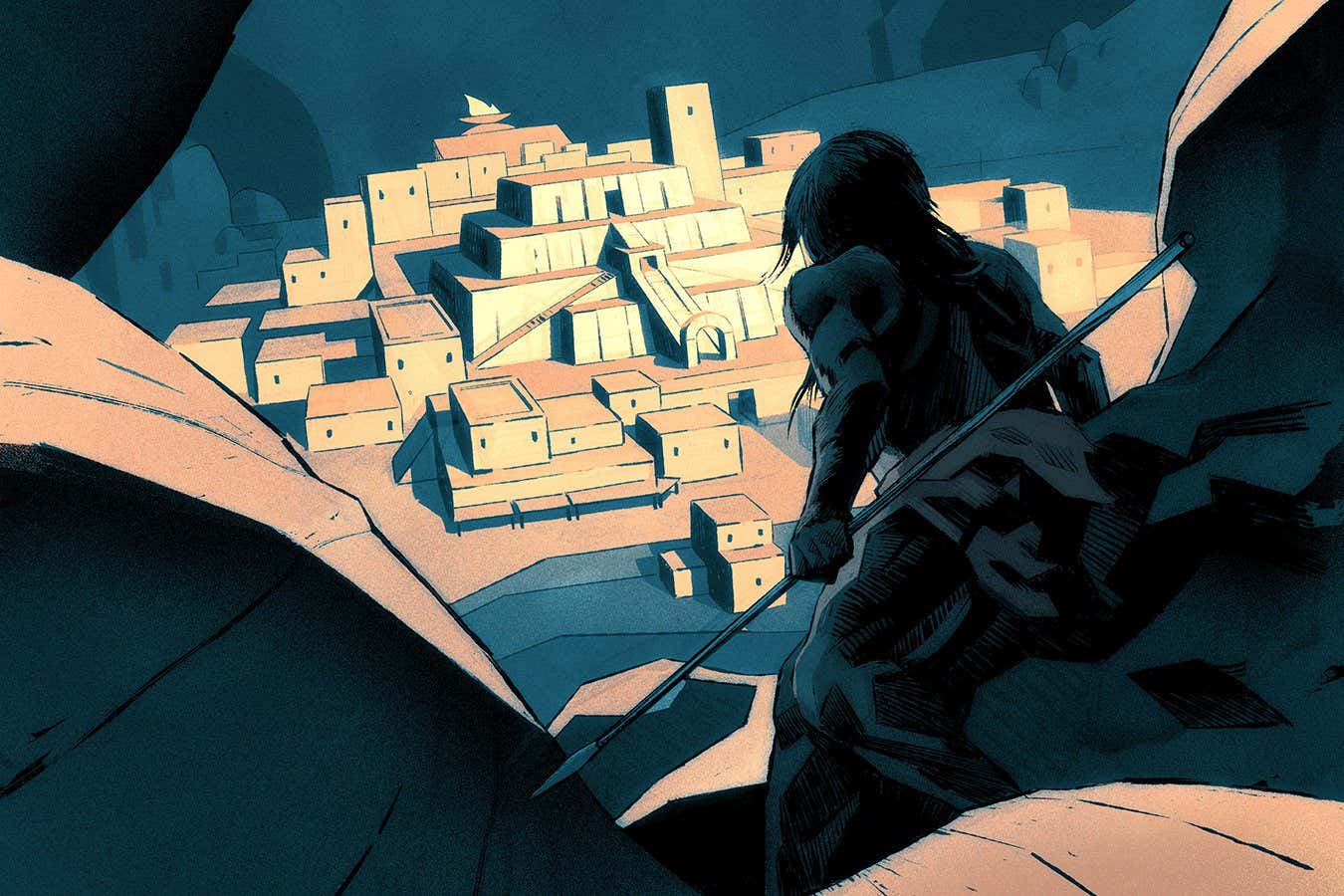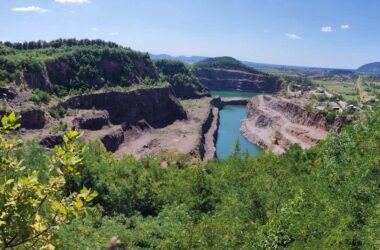Throughout most of human existence, our species lived as nomads, moving from place to place, surviving by hunting and gathering, and adapting to different climates. Our ancestors used fire for cooking and warmth, and they created tools, shelters, clothing, and jewelry. They had occasional interactions with other hominins, such as Neanderthals, and even interbred with them. However, much of this ancient history went unrecorded.
But around 10,000 years ago, a significant shift occurred.
In a few regions, people started farming and settled in one place. They began building villages and towns. Various innovations emerged, including writing, money, the wheel, and gunpowder. In just a few thousand years, cities, empires, and factories emerged all over the world. Today, we have satellites orbiting the Earth and a global network of internet cables. This rapid transformation is unprecedented in human history.
Archaeologists and anthropologists have long tried to explain this rapid change. The prevailing narrative suggests that once farming began, societies became trapped in a cycle of increasing complexity, leading to hierarchy, inequality, and environmental degradation. However, as we study more societies, this narrative is starting to unravel. We are confronted with evidence that challenges our previous understanding and forces us to reconsider our origin story. In the process, we are also reimagining what a society can be.
Recent findings and discoveries in archaeology and anthropology have played a crucial role in reshaping our understanding of human history. These findings challenge the notion of a linear progression from primitive to advanced societies, highlighting the diversity and complexity of early human cultures. They reveal that societies were capable of developing sophisticated systems of governance, trade networks, urban planning, and artistic expression long before the rise of civilizations as we know them.
For example, recent excavations at the ancient city of Caral in Peru have revealed a complex society dating back over 5,000 years. Caral had monumental architecture, sophisticated irrigation systems, and a hierarchal social structure without evidence of warfare. This challenges the belief that warfare was a necessary condition for the rise of complex societies.
Similarly, the discovery of the Göbekli Tepe site in Turkey has forced a reconsideration of the timeline of human civilization. The site, dating back over 11,000 years, contains massive stone pillars arranged in intricate patterns. This challenges the idea that agriculture was a prerequisite for the development of monumental architecture, as the site predates the first known agricultural communities.
These findings highlight the ingenuity and creative capabilities of early human societies. They show that our ancestors were capable of complex social organization, technological innovation, and artistic expression without following a predetermined linear path of progress.
As our understanding of human history evolves, we must also consider the impact of these new perspectives on our present and future societies. By recognizing the diversity of human experiences throughout history, we can envision new possibilities for social organization, governance, and sustainability. We can learn from the successes and failures of past societies and strive to create a more inclusive, equitable, and harmonious world.








